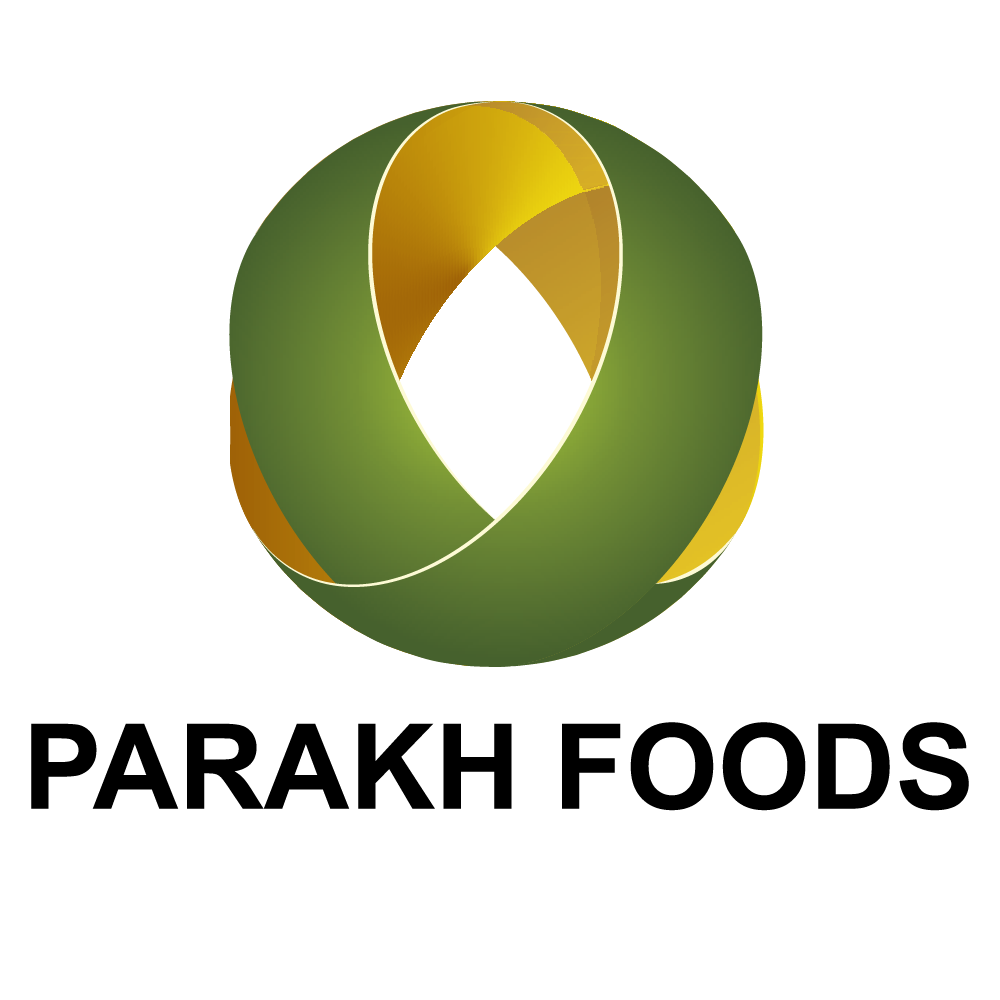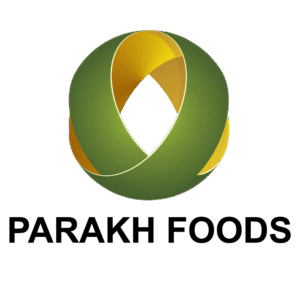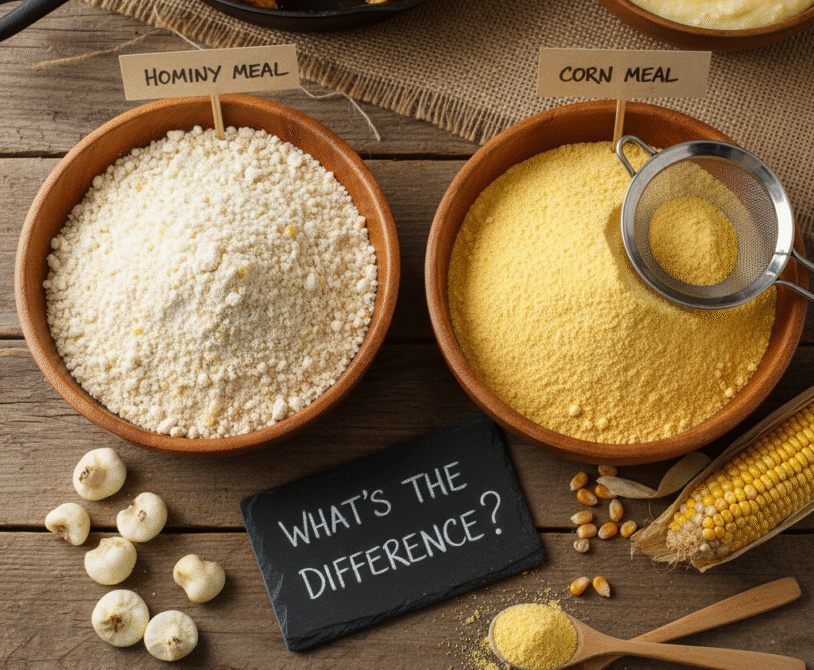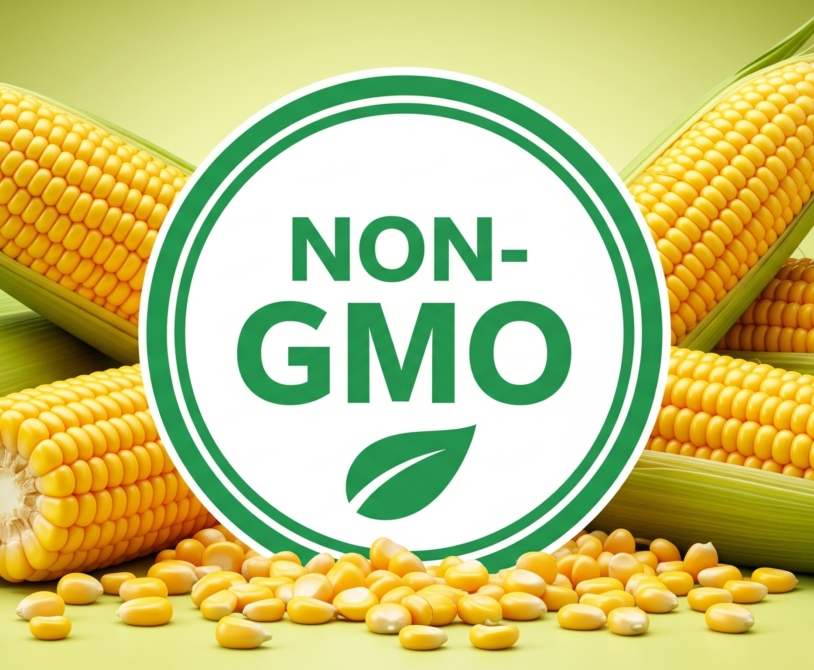Sourcing raw materials is a strategic challenge for a Purchasing Manager, a technical puzzle for a Head of R&D, and a matter of compliance and risk for a Head of Quality Assurance. In the corn products industry, all three roles share a common goal: ensuring a consistent supply of premium ingredients that meet the highest standards. It’s not just about buying a product; it’s about partnering with a supplier who understands the intricate journey from the field to your finished product.
This guide explores the four key pillars of sourcing high-quality corn ingredients: the science of processing, the strategic value of Non-GMO sourcing, the assurance of global certifications, and the technical art of product selection.
1. The Foundation of Quality: An Inside Look at Corn Processing
Before corn grits and flour arrive at your plant, they undergo a meticulous journey. While the quality of the raw corn is crucial, the processing is where a top corn grits manufacturer truly sets themselves apart, with two critical steps: degermination and precision milling.
The Critical Role of Degermination
The degermination process carefully removes the germ, which is rich in oil. The benefits for your business are immediate and significant:
- Dramatically Extended Shelf Life: Corn germ oil can easily oxidize, leading to rancidity. Degermination significantly reduces the fat content of the final product, providing greater stability and a longer shelf life for both the raw ingredient and your finished goods.
- Complete Purity and Consistency: A lower fat content creates a cleaner, more neutral flavor profile, ensuring it won’t interfere with your product’s intended taste. This provides the consistency that QA and R&D teams rely on, so a batch received in June performs identically to one received in January.
- Improved Manufacturing Performance: High fat content can slow down technical processes like food extrusion or brewing and negatively affect the final texture. Clean, degerminated grits create a predictable foundation for perfect manufacturing. The valuable by-products, such as corn oil and high-quality corn feed, are then channeled to their respective industries.
The Science Behind Precision Milling
Once the starchy endosperm is separated, the milling begins. This isn’t simple grinding; it’s a highly controlled process using modern roller mills and multi-stage screening systems to achieve a precise particle size. This level of accuracy allows for a versatile range of corn products:
- Coarse Grits: The base for extruded snacks, many breakfast cereals, and brewing, providing structure and texture.
- Fine Grits and Corn Meal: Ideal for applications that require a smoother texture, such as batters, baked goods, polenta, and porridge.
- Corn Flour: The finest granulation, used as a key ingredient in baked goods and baking mixes, as well as a thickening agent for sauces and soups.
This precision allows a purchasing manager to consolidate sourcing with a single, trusted supplier, while R&D teams get the exact granulation their formulation requires, eliminating variance and ensuring perfect results every time.
2. Beyond the Kernel: The Strategic Importance of Non-GMO Sourcing
Today, the “Non-GMO” label is not just a trend; it’s a market requirement. For a leading corn flour exporter and domestic supplier, maintaining a verified Non-GMO supply chain is a fundamental promise that offers tangible business value.
- Enabling Global Market Access: Non-GMO is a prerequisite for brands targeting international markets, especially in the European Union. Sourcing from a supplier with a verified Non-GMO chain, like Parakh Group, de-risks your export strategy. It ensures your products, whether corn grits or yellow corn meal, comply with strict international regulations, avoiding costly rejections and logistical nightmares.
- Meeting the Demand for Clean Labels: The clean-label movement is now the industry standard. R&D teams are constantly challenged to create products with simple, recognizable ingredients. Sourcing Non-GMO ingredients allows you to meet this powerful consumer demand for transparency, instantly building brand trust and enhancing your reputation.
- Ensuring a Pristine Supply Chain: A commitment to Non-GMO requires a level of supply chain control that enhances overall quality. This involves a strict “Identity Preserved” (IP) protocol, which includes:
- Careful Seed Sourcing: Partnering exclusively with farmers who grow Non-GMO crops.
- Segregated Logistics: Maintaining separate storage, handling, and transportation from the farm to the facility.
- Routine Verification: Conducting regular, rigorous testing to confirm the absence of genetically modified organisms.
This complete traceability gives QA and Purchasing Heads total confidence in the quality and origin of their ingredients.
3. Global Quality Certifications: Proof of Performance
Trust is good, but third-party verification is better. In a global supply chain, internationally recognized certifications are the ultimate proof of a supplier’s commitment to quality, safety, and operational excellence. They serve as a crucial risk-mitigation tool for any purchasing department.
Here are the most important certifications to look for in a corn grits supplier:
- The GFSI Gold Standard (BRCGS and ISO 22000): The British Retail Consortium Global Standards (BRCGS) and ISO 22000 are benchmarks for the Global Food Safety Initiative (GFSI). For a QA manager, this means the supplier has undergone a comprehensive third-party audit of everything from Hazard Analysis (HACCP) to food defense and allergen control. This significantly simplifies your supplier audits and provides documented proof that every batch of corn maize meal is safe.
- Market Access Certifications (HALAL, KOSHER): These are vital for brands aiming to serve specific consumer demographics. They verify that all processing adheres to strict religious dietary laws, expanding your product’s appeal and market reach.
- Domestic Compliance (FSSAI): The Food Safety and Standards Authority of India (FSSAI) license is the essential prerequisite for doing business in India, demonstrating a supplier meets all national safety and hygiene standards.
These certifications turn trust from a feeling into a verifiable fact, assuring you’re partnering with a world-class operation.
4. Choosing the Right Corn Ingredient: From Formulation to Function
Ultimately, even with the best processing and certifications, success depends on selecting the right tool for the job. Choosing the correct type of grit is a critical decision for an R&D department, as it directly impacts the final product’s texture and performance.
Case Study: Flaking Grit vs. Maize Grit in Breakfast Cereal
In the highly competitive breakfast cereal market, texture is everything. Let’s compare two seemingly similar products:
- Flaking Grit: This is a specialized product designed exclusively for classic corn flakes. It consists of large, dense, and durable particles of degerminated corn endosperm. It’s engineered to withstand boiling and tempering without breaking before being pressed into thin, crunchy flakes by high-pressure flaking rolls.
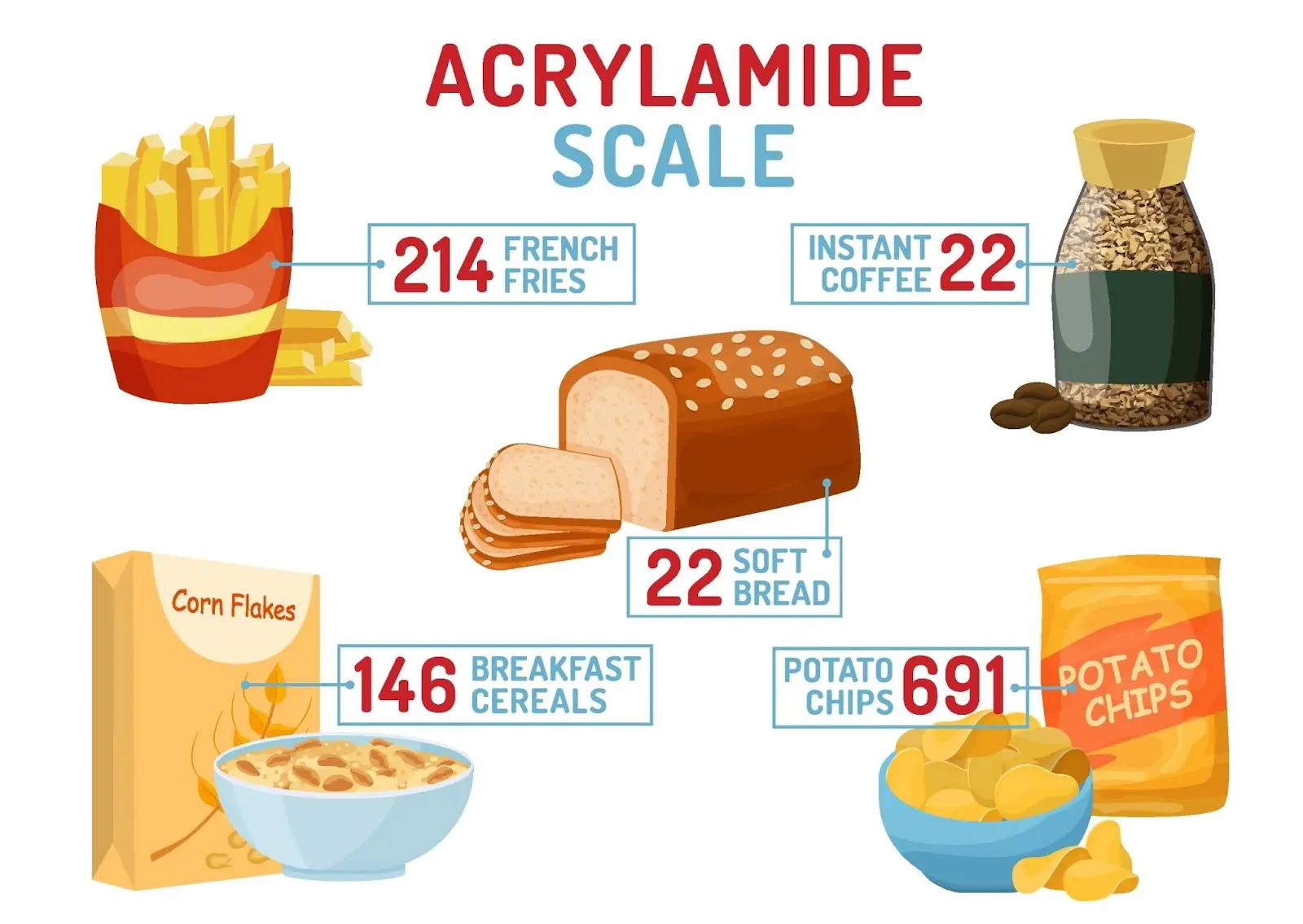
- Standard Maize Grit (Grits Maize): This grit is more versatile and ground to a finer, more uniform size. It is the ideal choice for extruded cereals like puffs, loops, and other shapes. Its consistent granulation ensures uniform moisture absorption and even cooking under the high heat and pressure of an extruder, resulting in a light, airy, and perfectly puffed final product. The by-products of this process are often used to create healthy corn feed.
Choosing the wrong product—for example, using standard grits maize on a flaking line—would lead to catastrophic production failure. It is incredibly valuable to partner with a supplier who not only offers a wide range of corn products but also has the technical expertise to help you select the precise ingredient for your needs.
Conclusion: A Partnership Built on Quality
Choosing the right corn ingredients is a complex decision based on four key pillars: advanced processing, a verified commitment to purity (like Non-GMO), a portfolio of global quality certifications, and deep technical knowledge of product application.
A true supply partner doesn’t just sell you a product; they provide confidence at every stage, ensuring the ingredients you receive will perform perfectly, meet international standards, and elevate your final product.
Ready to strengthen your supply chain with a quality-first approach? Contact Parakh Group’s technical team to discuss your specific ingredient needs, review their certifications, and request a specification sheet for your next project.
